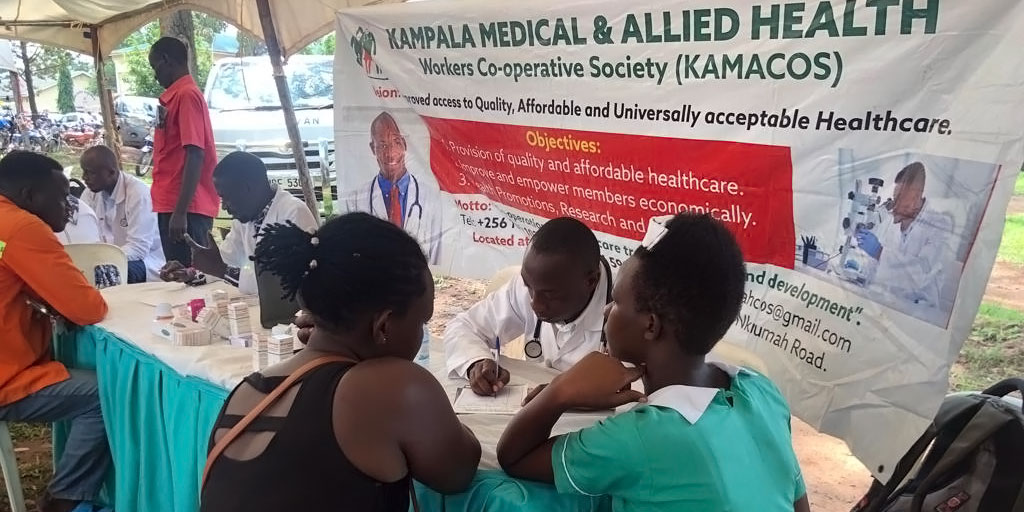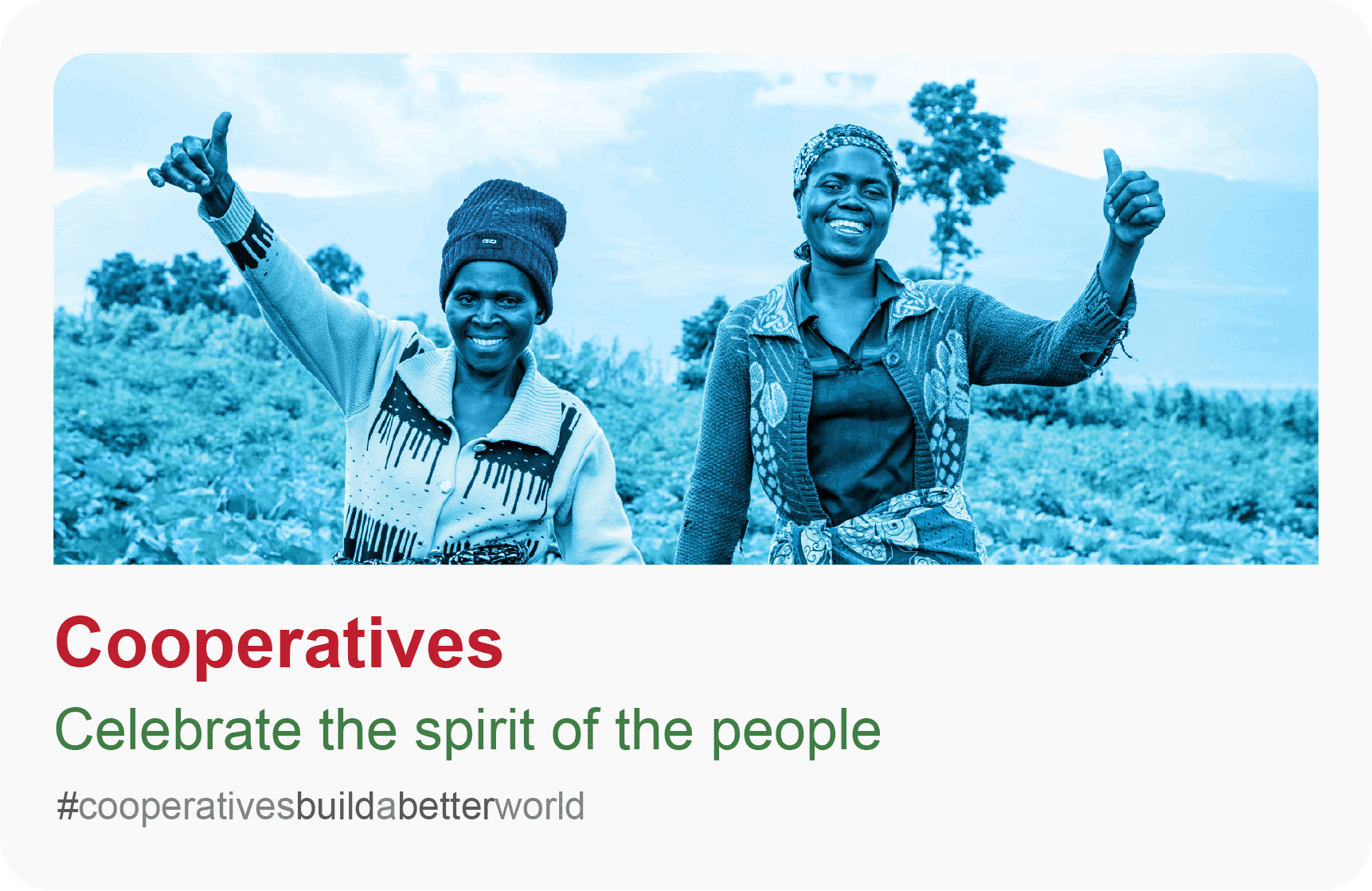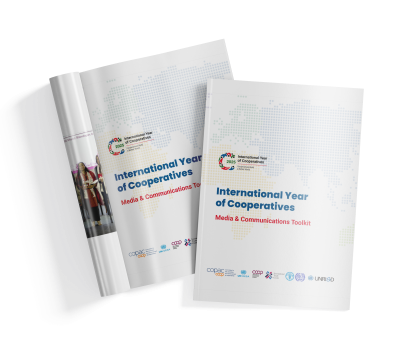
2025 Health Cooperatives Lauch in Uganda
KAMACOS BACKGROUND
Kampala Medical and Allied Health Workers Cooperative Society Limited (KAMACOS) is a health
cooperative wholly owned and operated by medical and allied health workers in Uganda. The
Cooperative is registered with the Ministry of Cooperatives, Registration No. 11663/RCS. The
organization operates under the cooperative principles of collective ownership, democratic
participation, economic participation, education, information sharing, community concern,
sustainability, autonomy, voluntary and open membership, and professional healthcare delivery.
Its mission is to improve access to quality, affordable, and universally acceptable healthcare,
particularly for underserved rural and urban populations. KAMACOS envisions becoming a leading
healthcare, education, and research institution in East Africa. Its strategic objectives include
providing accessible healthcare for vulnerable communities, promoting health education and
nutrition, empowering members’ economic empowerment, establishing cooperative health
facilities and hospitals, and conducting research to address healthcare challenges.
HEALTH COOPERATIVE BACKGROUND IN UGANDA
Currently, Uganda has two health cooperative models, i.e., One Model brings together medical
professionals and allied health workers as members for economic development and humanitarian
service. The other models offer health insurance schemes and other services to their members.
Health cooperatives started with the support of development partners who provided technical,
financial, and policy advocacy support. In 2019 the government formulated a national cooperative
policy that diversified cooperative activities, including health/medical services and health
insurance. In 2020, the Cooperative Societies Amendment Act provided for promoting, regulating,
and supervising health cooperatives. The Ministry of Health is in the process of establishing a
public health insurance scheme for the benefit of the citizens. Currently, Uganda has 34 registered
health cooperatives as of 31st January 2025 that provide medical and insurance services serving
approximately 170,000 people annually in Uganda. This coverage is still low, and the health
cooperatives are still weak, which calls for strengthening the existing ones.
RATIONALE OF HEALTH COOPERATIVES
Health cooperatives play a pivotal role in Uganda’s health systems, significantly contributing to the
achievement of Sustainable Development Goal 3 (SDG 3), which aims to ensure healthy lives and
promote well-being for all at all ages. By providing affordable and accessible healthcare services,
health cooperatives bridge the gap in healthcare delivery, especially in underserved and rural
areas. Their success stories inspire hope and demonstrate the potential for positive change in the
health sector. They foster community participation and ownership in health management,
enhancing healthcare services’ quality and responsiveness. These cooperatives also facilitate the
pooling of resources, risk-sharing, and collective bargaining, leading to cost-effective healthcare
solutions and improved health outcomes.
Health cooperatives not only address the medical needs of their members but also significantly
improve their social and economic welfare. By offering affordable health services, these
cooperatives reduce the financial burden of medical expenses on households, thereby increasing
disposable income for other essential needs. This aspect of their work should evoke empathy and
a sense of support for their cause. Members benefit from health education, preventive care, and
early diagnosis, leading to a healthier and more productive population. Furthermore, the
cooperative model encourages mutual support, social cohesion, and solidarity among members,
fostering a sense of community and belonging.
Health cooperatives play a significant role in creating employment opportunities within their
communities. By establishing healthcare facilities, cooperatives provide jobs for various health
professionals, including doctors, nurses, technicians, and administrative staff. This not only boosts
the local economy but also contributes to the overall development and resilience of the
community. Additionally, they create indirect employment through the need for services such as
supply chain management, maintenance, and logistics. Cooperatives also invest in training and
capacity-building for their members, enhancing their skills and employability.
Health cooperatives are thus integral to strengthening Uganda’s health systems, improving their
members’ social and economic welfare, and creating sustainable employment opportunities. By
aligning their efforts with SDG 3, SDG 10, and SDG 17 goals, these cooperatives contribute to a
healthier, more prosperous, more collaborative, and equitable society.
ACTIVITY DESCRIPTION:
Theme: Cooperatives Build a Better World, showcasing cooperatives’ enduring global impact
everywhere.
Dates: 9
th to 13th June 2025
KAMACOS, a Health Cooperative in Uganda, in partnership with DGRV, joins the rest of the world
to commemorate the yearly International Day of Cooperatives in the Year 2025, which was
declared by The UN General Assembly as the International Year of Cooperatives (IYC2025), under
the Motto “Cooperatives Build a better world. The International Day of Cooperatives is celebrated
annually on the first Saturday of July to recognize and promote the contributions of cooperatives
to global development. It highlights the values and principles of cooperation, emphasizing their
role in building sustainable, equitable, and inclusive societies.
First commemorated in 1923 by the International Cooperative Alliance (ICA), the observance raises
worldwide awareness of cooperatives’ economic, social, and environmental impact. The specific
theme chosen each year addresses current issues, fostering a greater understanding of how
cooperatives contribute to achieving the United Nations’ Sustainable Development Goals (SDGs).
Specific commemoration Objectives
1. To raise awareness, sensitize, and promote the role of Health Cooperatives
2. To showcase how Cooperatives Contribute to SDGs
3. Strengthen collaborative efforts through sharing experiences, knowledge, key interventions, and
strategies for addressing challenges.
4. Policy advocacy for improving the cooperating environment of the local health cooperatives
Means of Verification
▪ Commemoration report
▪ Photographs and Video recordings of activities and proceedings.
Strategies and Methodologies for Implementation
The activity strategies will include awareness and sensitization campaigns, policy advocacy,
international collaboration, and stakeholder engagement.
KAMACOS, with support from DGRV, will lead the planning and mobilization process for resources,
personnel, and partners to participate in a 5-day activity. The commemoration will feature a one-
day symposium bringing together diverse stakeholders for policy engagement sessions, dialogues,
and knowledge-sharing on the successes, challenges, and future strategies for Health Cooperatives
in Uganda. It will also include a high-profile visit to the KAMACOS Cooperative by the President of
the International Health Cooperative Organization (IHCO), accompanied by key dignitaries from
the Ministry of Health (MoH) and the Ministry of Trade, Industry, and Cooperatives (MTIC).
Additionally, a two-day community medical camp will be held in Rwerere, Rukungiri District,
followed by a meeting between the IHCA President and His Excellency, the President of Uganda.
Additional Details
Contact Email ID - ekagaha@gmail.com
Declaration - No





